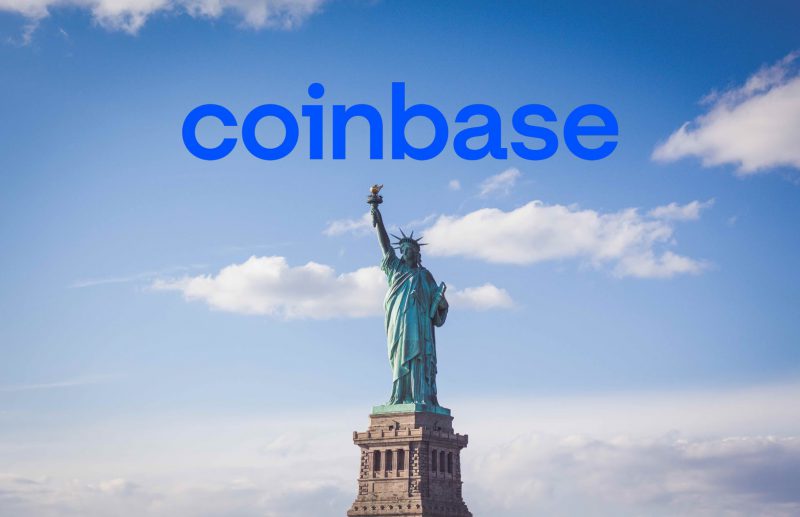Sadly, regulators from across the globe seem to have a significant amount of influence on the crypto-verse, and this has further meddled with the decentralization of the industry. Coinbase, a prominent crypto exchange, seemed enraged by the latest regulatory accusations surrounding it.
A brief backstory
The Securities and Exchange Commission [SEC] of the US, along with the Southern District of New York’s prosecutors, went on to charge Ishan Wahi. Wahi was the former product manager at Coinbase. He was reportedly charged for disclosing confidential token listing information to his brother and a friend.
In addition, the SEC alleged that nine of the listed crypto assets fell under the securities category. They were AMP, RLY, DDX, XYO, RGT, LCX, POWR, DFX, and KROM. This was considered bizarre as none of the tokens were touted as security before the allegations. The issuers of these tokens weren’t charged either.
“Coinbase does not list securities. End of story.”
The crypto exchange vehemently denied charges surrounding securities fraud. In a blog post penned by Coinbase’s Chief Legal Officer, Paul Grewal, it was explained why.
Grewal pointed out that only seven of the aforementioned nine assets were listed on the exchange. However, none of these were supposed to be considered a security. He noted that the listing process is quite stringent and is reviewed diligently before making an asset available on the platform. It should be noted that the SEC itself has examined this process. Yet, accusations came rolling in.
Noting the major problem with this whole case of securities, Coinbase added,
“The SEC’s charges put a spotlight on an important problem: the US doesn’t have a clear or workable regulatory framework for digital asset securities. And instead of crafting tailored rules in an inclusive and transparent way, the SEC is relying on these types of one-off enforcement actions to try to bring all digital assets into its jurisdiction, even those assets that are not securities.”
Additionally, the term “securities” has haunted the entire Ripple and XRP ecosystem. Slapped with a lawsuit for selling unregistered securities, Ripple continues to fight against the SEC. While Ripple strongly denies XRP being a security, the SEC isn’t ready to let go.
The SEC has abruptly decided to label the assets above as security. Therefore, Grewal notes that the absence of a “concrete digital asset securities regulatory framework” is the root of all these problems.





